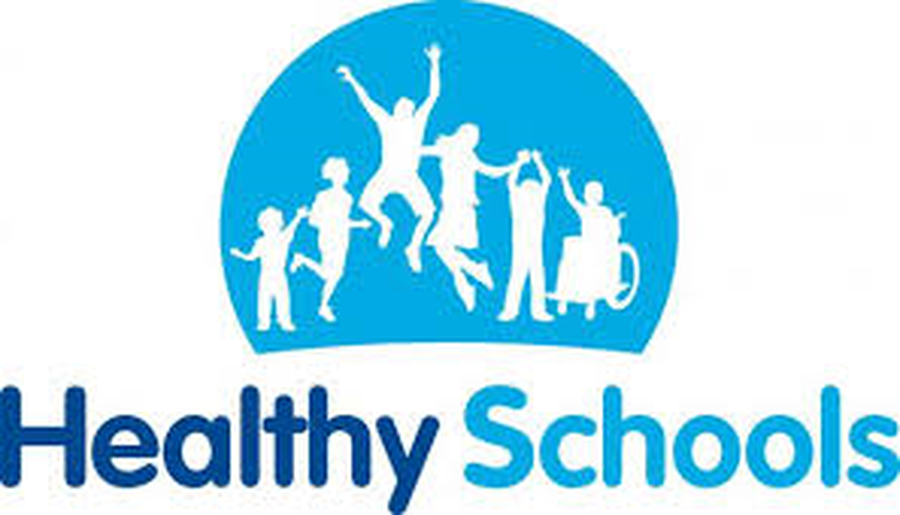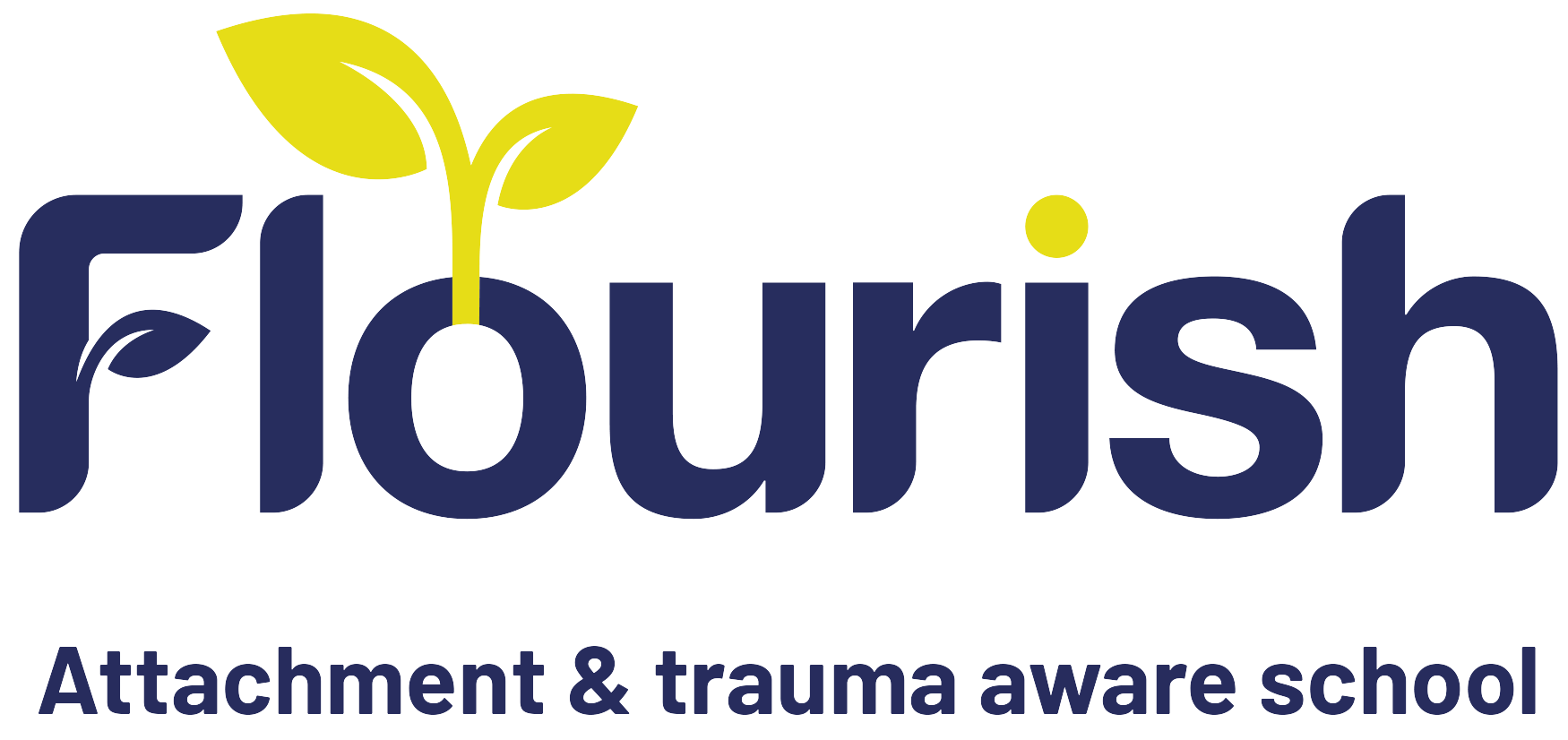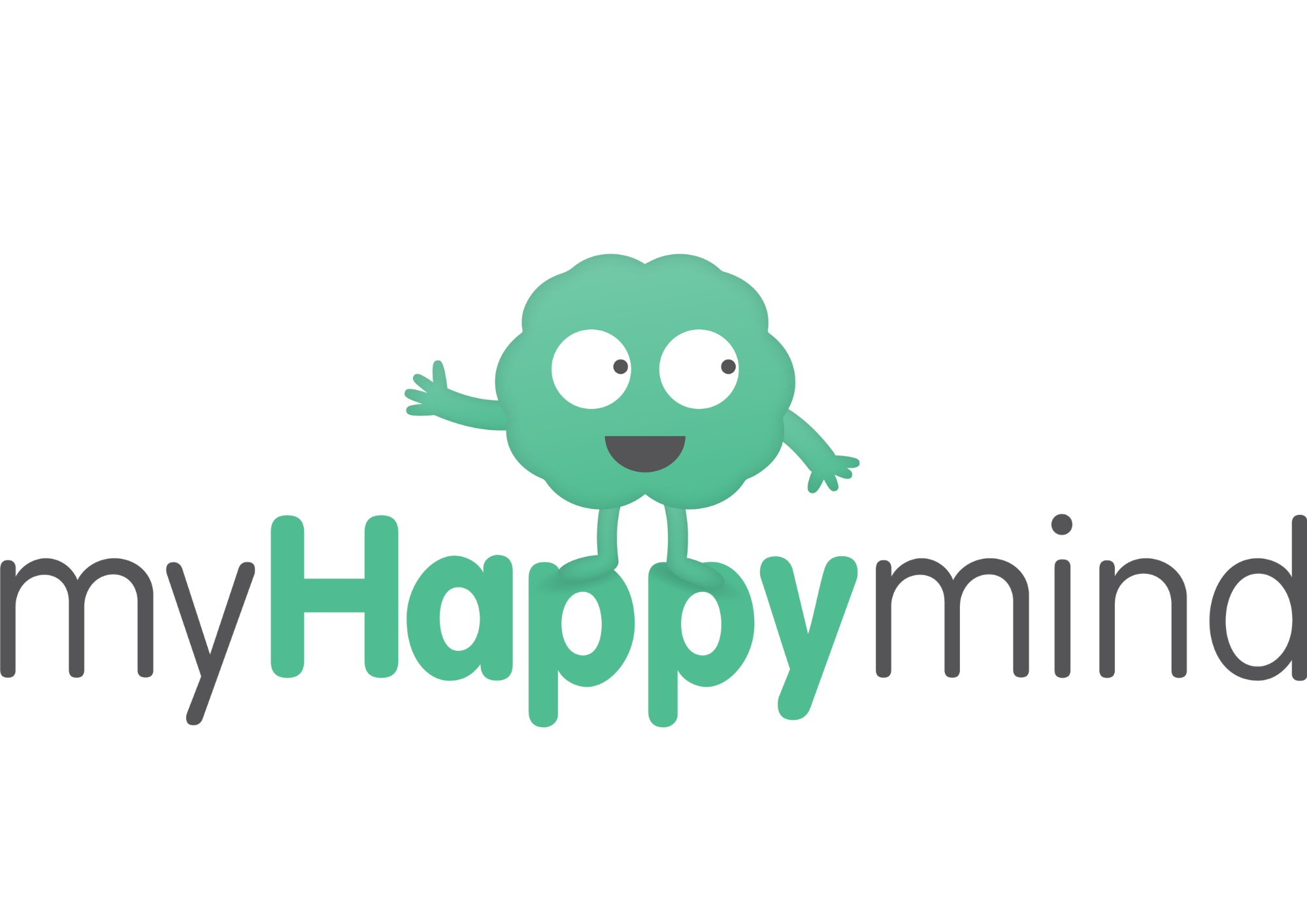Welcome to Primary Positive Pathways.
Primary Positive pathways program offers bespoke placements for Key stage 1 and 2 pupils, with the aim to support children overcome and manage barriers to learning. Our staff aim to support schools, family services and families, who are responsible for pupils who are finding accessing education a challenge.
Our vision is to provide a safe, positive and structured environment in which young people can grow both emotionally and academically, supporting them to be successful at their mainstream setting or access appropriate alternative provision.
As a team we aim to stimulate re-engagement, participation, curiosity, to support emotional and academic success by working with stakeholders to identify and provide bespoke educational intervention programmes for our pupils.
Quotes.
I never thought my child would be happy and excited about going to school.
Parent September 2023
It’s great to hear my child talk positively about their school day and share what they have done.
Parent September 2023
My child is enjoying school and seems happier at home with their siblings.
Parent June 2023
Its good to see my child happy and no longer feels a ‘naughty’ child.
Parent June 2023
I appreciated the support and now my child is in a school that is able to meet their needs.
Parent May 2023
Just wanted to say thanks to you - the other ladies - who made me feel very welcome. Was lovely to see ANON in such a better place than the last time I saw him and that is down to all of you.
Class teacher November 2023
Support for our students is based on each individual’s social, emotional, academic and developmental needs. Staff respond, and support pupil’s developmental progress, which is assessed through the Boxall Profile in both the Positive pathways and Nurture group. The Positive Pathways group also tracks pupil progress through Target Tracker to ensure academic progress is monitored and supported where appropriate.
All areas the children access and work in provide a safe space for pupils to develop socially, emotionally and academically. The environment and the way the groups are managed contains anxiety, by providing clear, realistic and consistent academic and social and emotional expectations for all pupils. Pupil’s routines are predictable and discussed, to reduce pupil anxieties and manage daily transitions. Our Nurture provision specifically supports the link between emotional containment and cognitive learning.
Staff listen and respond to pupils as individuals, encouraging them to acknowledge verbalise their feelings, putting their experiences into words. In our nurture group ‘everything is verbalised' with an emphasis on the adults engaging with the children in reciprocal shared activities.
Pupil’s behaviour is understood as their means of communication. Exploring pupil’s behaviour and understanding what a child is communicating through behaviour helps staff to respond in a firm and empathic way. Language is recognised as a fundamental skill in enabling all students the ability to successfully manage their feelings, thoughts and experiences. Language is more than a skill to be learnt, it is the way of putting our feelings and experiences into words. A fundamental aspect of our positive pathway curriculum explores, models and scaffolds language reducing the need for pupils to act out their feelings, providing the vocabulary to ‘recognise’ and ‘name' how they are feeling.
School is often perceived as an overwhelming and daunting experience for some of our pupils. Our Positive Pathways intervention support families, schools and pupils work together to support the child make sometimes the difficult transition from home to school more manageable and achievable. Staff also recognise that, daily there are numerous transitions that children make throughout their day. Support programs include.
First, before we explain what we offer, here is to confirm what we are not! Victory Park Pupil Referral Unit is not an alternative to school; it is not a way for schools to get rid of ‘difficult’ pupils and it is certainly not a punishment for bad behaviour. The PRU is there to help children to find a way back into long-term education. In many cases it is about supporting communication and change in both the school and the child. The outreach team is an integral part of the Positive pathways service and helps schools to support children when they return.
All the children who come to the PRU have experienced problems, which manifest in their behaviour at school. Often these problems have affected their learning and their ability to get the most out of school, and often result in them feeling isolated and disconnected from staff and peers. In many cases, schools have used up all the options and may be considering permanent exclusion as a last resort. Some of our pupils have already been permanently excluded from a school when they arrive.
Our PRU offers children the chance for children to learn to recognise and manage their feelings and engage in a process of change. We don’t believe that any child chooses to have difficulties at school and take this as a starting-point. We understand that that many children deal with school problems by ‘acting out’ their fears and anxieties. A child may find it better to disturb lessons by constant low-level disruption than to admit that they are not able to do the work in lessons. Often schools are aware of this too and often put a great deal of effort and ingenuity into supporting children with behaviour problems. However, they don’t have the time or scope to work as flexibly or intensively as the PRU provision.
Schools are asked to describe what the main difficulties the child is experiencing, and what is needed to change to make things better. We use the information to set targets to support change for the child, which we share and discuss with the child from the beginning of the placement. These targets are used throughout the placement, using different strategies to help to achieve them. The targets are especially important at the meetings we hold to review the placement and support the transition back to their home school.
There is no magic formula, but we work with each child in lessons and during non-teaching times, to see the possible triggers for their difficulties. We try to understand why certain responses happens, the times when it is likely to happen and what can be put in place to make things better. We share our strategies with pupils, parents and school, so we can work together to support change.
Some strategies work; some don’t. We keep records of what we do and what we observe and use the information to build up a profile of each child. We recognise and celebrate efforts made by the child to reflect and learn from their behaviour and to respond in safer ways. At the end of the placement we pass on all the information in the form of a report. This helps the school to support the child when he or she goes back to school to make a fresh start. In some cases, the information also helps the school to get extra help or resources.
Keyworkers maintain regular contact with parents/carers and any other outside agencies involved to keep all parties fully informed about a child's progress.

.jpg)



.jpg)